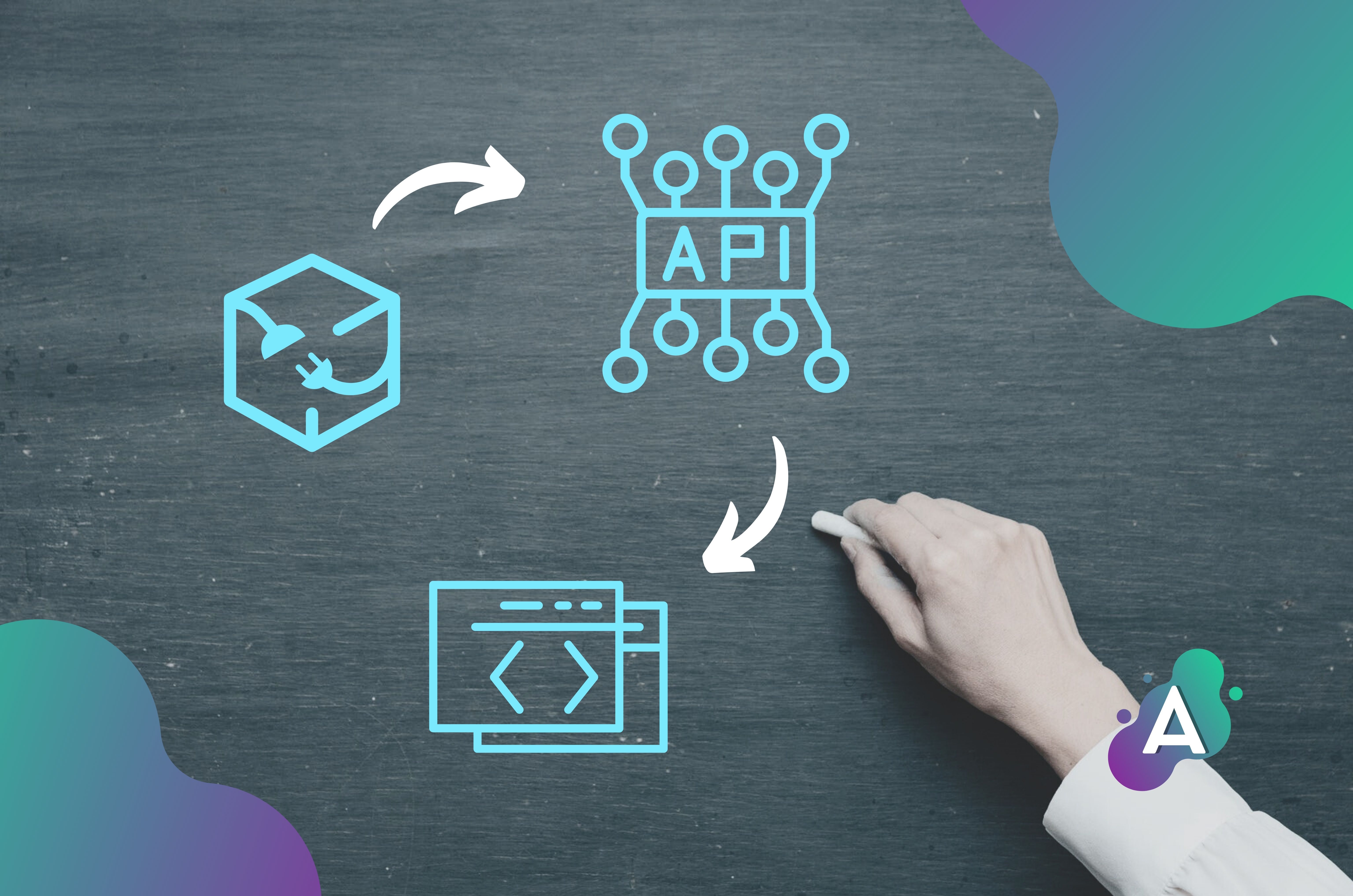Why are APIs important?
APIs, which stands for Application Programming Interfaces, are super important because they help different computer programs talk to each other easily. They're like connectors that make sure software systems work well together. APIs break down big programs into smaller parts, making it easier for developers to create and update them. A cool thing about APIs is they let developers reuse existing code, saving time and effort.
They also help apps grow and change without causing big problems. APIs ensure that apps work smoothly on different devices and systems, making everything more flexible. They encourage creativity by letting developers mix and match features from different sources, creating new and interesting stuff. APIs also make it simple for external developers to join in and add their own ideas to existing apps. They help manage data efficiently by providing standardized ways to access and share it.
From a business perspective, APIs create opportunities by letting other developers use certain features of an app, which can lead to new apps or collaborations. And don't worry, APIs take security seriously by controlling who gets access through authentication and authorization. In short, APIs are like the backbone of modern software, making things run smoothly, adapt easily, and encourage new ideas in the tech world.
API Ideas to Build as a Backend Developer
1. To-do List API
As a beginner its important to understand the key concepts of creating an API. Start simple and create your first Todo List API. Implement the following endpoints:
A to-do skeleton:
API Routes
GET /todos -> Return All To-dos
POST /todo -> Add a new To-do
PUT /todos/{ID} -> Update a To-do
DELETE /todos/{ID} -> Delete a To-do
2. Random Quote Generator API
A Quote Generator API is another great beginner idea that you can build. Ask for a random quote on a particular topic and receive your citation.
A Quote skeleton
API Routes
GET /quotes -> Return All Quotes
GET /quotes?author=myAuthor -> Return All Quotes filtered by a specific author
GET /quotes?category=random -> Return All Quotes filtered by a specific category
GET /quotes?author=myAuthor&category=random -> Return All Quotes filtered by a specific author and a specific category
POST /quote -> Add a new Quote
PUT /quotes/{ID} -> Update a Quote
DELETE /quotes/{ID} -> Delete a Quote
3. Currency Converter API
A currency converter is another simple API that you can build by utilizing an existing Exchange Rate API. Search online for an ExchangeRate API and register for one that has a free tier. If you are worried for the number of requests, download the response JSON and store it locally, that way you don't have to fetch the public API every time you make a request to your API.
API Routes
GET /rates -> Return All Conversion Rates
GET /convert?price=100&from=USD&to=EUR -> Convert from one currency to another.
To make sure that your API works as intended, make a conversion between one currency to another and then save the results and invert them in the next request.
Example:
4. Inventory API
The inventory API should provide information about stored objects and their quantities, as well as their creation date and modified date.
An Item skeleton
API Routes
GET /inventory -> Return All Items in the inventory
GET /inventory?inStock=true -> Return All Items in the inventory that are in stock
GET /inventory?inStock=true&stockDateFrom=1706743464280 -> Return All Items in the inventory that are in stock and are put in stock after the timestamp 1706743464280
GET /inventory/purchase?item={ID}&quantity=5 -> Purchase 5 items if they are in stock and the quantity is greater/equal to 5. Update the quantity in the DB.
POST /inventory/add -> Add a new item in the Inventory
PUT /inventory/edit?item={ID} -> Update an item from the Inventory
DELETE /inventory/remove?item={ID} -> Delete an item from the Inventory
5. Sudoku Generator
A sudoku generator is a more challenging API that will require knowledge in how to play sudoku, how to build a sudoku game and how to check if the game was solved. This API has complexity level of Advanced due to the algorithmic difficulty.
A Sudoku skeleton
API Routes
GET /sudoku/new?difficulty=easy => Create and return a new sudoku of difficulty easy.
POST /sodoku/solve => Submit your sudoku solution and test if it's valid
Benefits of knowing how to build an API
In summary, it's really important for backend developers to know how to build APIs. APIs help different parts of computer programs work together smoothly. If developers can create good APIs, it makes software development faster, saves time, and reduces repetitive work. Being skilled in API development also means that apps can easily adapt to changes and work well on different devices.
